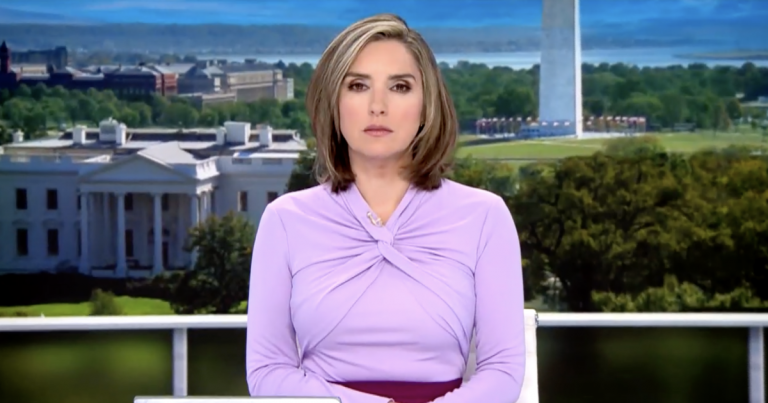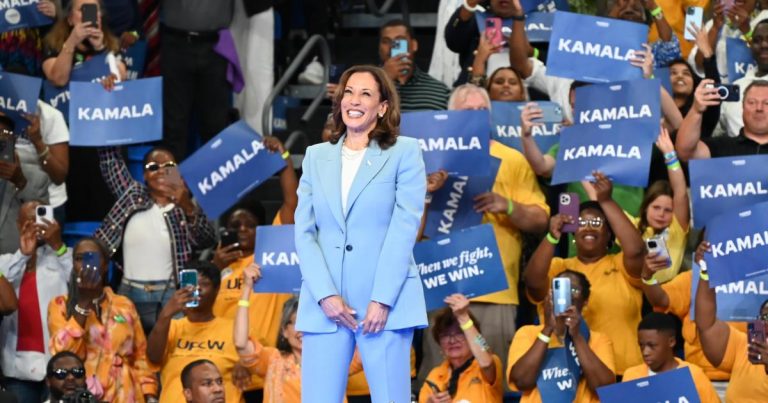Trump refuses to confirm if he has talked to Putin, but says it would be smart if he did.
Former President Donald Trump has been at the center of speculation following journalist Bob Woodward’s new book, suggesting that he has had multiple conversations with Russian President Vladimir Putin since leaving office. Trump was recently speaking at the Economic Club of Chicago in a dialogue with Bloomberg News editor-in-chief John Micklethwait when he was asked about these alleged conversations.
When prompted about speaking with Putin, Trump initially responded with a vague “no comment” before proceeding to justify the potential communications by emphasizing the importance of maintaining relationships with world leaders. Trump expressed that having a positive rapport with leaders like Putin can have strategic benefits in terms of international relations, notably citing the nuclear capabilities of both the United States and Russia.
As the dialogue continued, Micklethwait redirected the conversation towards Trump’s economic policies. Trump’s economic plans have been a subject of contention, with his proposals for high tariffs drawing scrutiny. Micklethwait challenged the feasibility of these tariffs, which Trump has suggested could range from 100% to 200% on certain goods. The impact of such tariffs on the economy was questioned, with concerns raised about potential adverse effects on the overall economic landscape.
Trump, undeterred by these concerns, maintained that his economic agenda would yield positive results. He dismissed criticism regarding the costs of his economic plan compared to Vice President Kamala Harris’ proposed plan, attributing his focus on growth as the driving force behind his policies.
In response to queries about a peaceful transfer of power, Trump alluded to the transition in Florida, affirming its peaceful nature. He drew attention to the events of January 6, 2021, referencing the rioting that occurred at the Capitol. Trump highlighted the death of Ashli Babbitt during the unrest, asserting that the situation warranted differing opinions and raising questions about the events leading up to the Capitol breach.
Throughout the discussion, Trump’s exchanges with Micklethwait shed light on his viewpoints regarding international diplomacy, economic strategy, and the events surrounding his presidency’s transition period. His remarks, though evasive at times, provided insights into his perspectives on governance and leadership.
As the former president navigates post-office engagements and public appearances, his interactions continue to spark curiosity and speculation. The dynamics between Trump and world leaders, as well as his policy stances, remain subjects of interest and scrutiny for observers and analysts alike.
In a political landscape marked by shifting paradigms and evolving narratives, Trump’s reemergence in public discourse serves as a focal point for discussions on the future trajectory of American politics and global affairs. The nuances of his statements, actions, and engagements contribute to a broader dialogue on leadership, governance, and the intersections of power and diplomacy.
As Trump’s public engagements draw attention and provoke debates, his unique position as a former president navigating a post-presidential landscape underscores the complexities of transitioning from executive power to a different realm of influence and impact. The legacy of his presidency, the implications of his policy decisions, and the ongoing relevance of his political persona all converge in the ongoing discourse surrounding Trump and his post-presidential endeavors.








